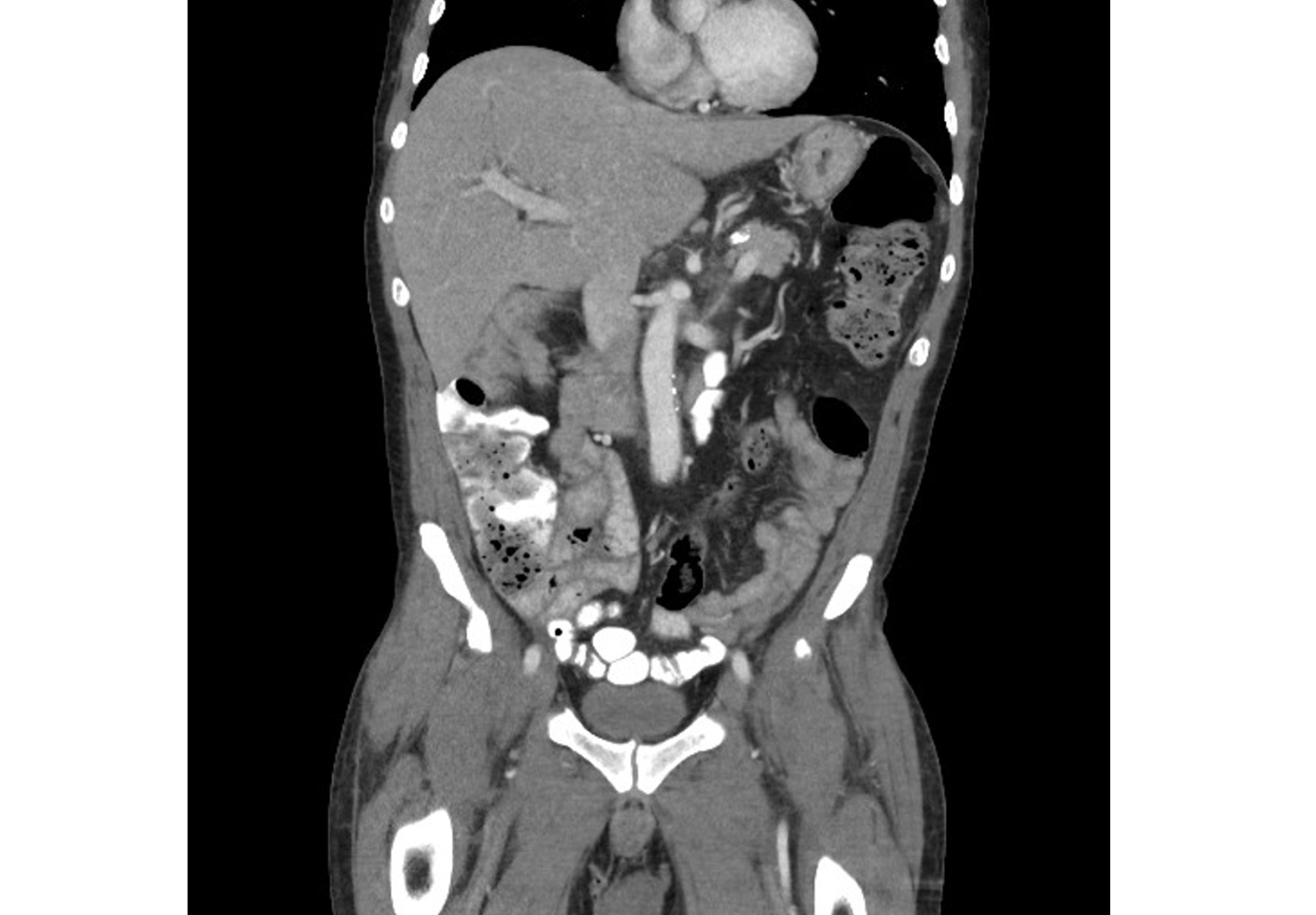Abdominal Imaging

Thank you to all those who attended our recent talk!
In our latest session, we explored crucial topics in radiology, including the accuracy of medical students in nasogastric tube (NGT) placement and the potential of artificial intelligence (AI) in diagnosing acute pancreatitis. These discussions highlighted the growing importance of advanced learning tools and AI in enhancing medical practice.
NGT Placement Accuracy Among Medical Students
This study evaluated the ability of medical students to accurately identify nasogastric tube (NGT) positions on chest X-rays (CXR). Correct NGT placement is essential to avoid severe complications like aspiration pneumonia and esophageal perforation.
The research introduced an interactive online tool aimed at improving student accuracy in identifying NGT positioning. The participants were tested before and after the intervention, and the results underscored a significant gap in knowledge prior to the training, particularly among earlier-year students.
Summary of Key Findings:
- Initial testing revealed many students struggled with identifying incorrect NGT placements on CXRs.
- Post-intervention results showed a marked improvement, particularly among final-year students, demonstrating the efficacy of the online educational tool.
- The study emphasizes the value of such tools in enhancing diagnostic accuracy and patient safety, particularly for junior clinicians.
AI-Assisted Diagnosis in Acute Pancreatitis
This research explored the application of AI in diagnosing acute pancreatitis (AP) using contrast-enhanced computed tomography (CT). Acute pancreatitis can present subtly on imaging, making early diagnosis challenging but crucial for effective treatment.
The AI model was trained to segment pancreatic tissues and detect abnormalities indicative of inflammation or necrosis. The performance of radiologists, both junior and senior, was compared with and without the assistance of AI technology.
Summary of Key Findings:
- AI significantly improved the speed and accuracy of diagnosing acute pancreatitis, reducing diagnostic time by up to 32.7%.
- Both junior and senior radiologists benefitted from AI support, with improvements in accuracy, especially in more complex cases.
- This study showcases the potential of AI in enhancing diagnostic capabilities but notes the need for further validation in clinical settings.
Stay Connected
We encourage everyone to stay connected by subscribing to our monthly newsletters via our website.
Join Us
We welcome speakers and participants at all levels, from medical students to consultants. If you're interested in speaking or discussing, please contact us at official.brjc@gmail.com or reach out through Facebook and Instagram.
Thank you once again for your participation and enthusiasm. We look forward to seeing you at our next event!